To appeal or to become power in the struggle for climate justice?~ 10 min
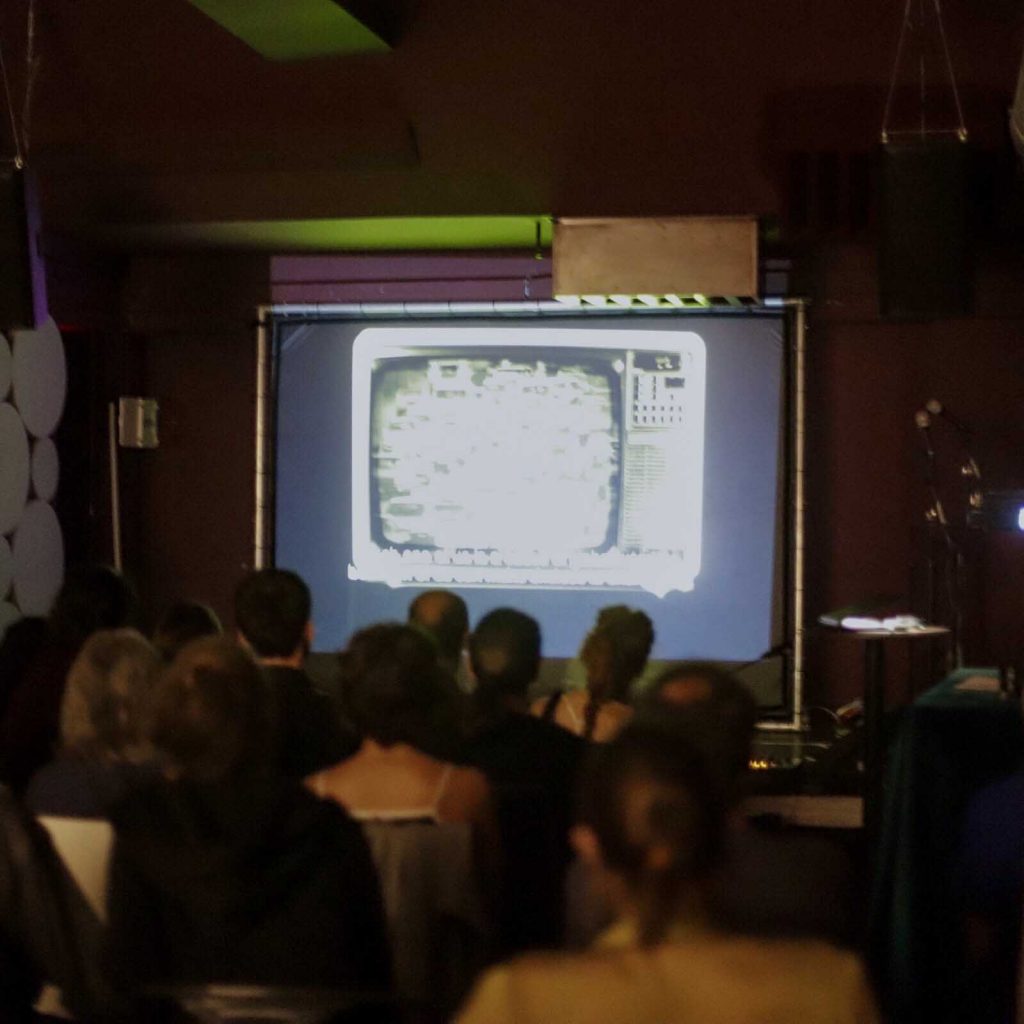
This is an abridged version, with a few adjustments, of the presentation Guilhotina made at the CineClima event, organized by Climáximo and 2degreesartivism, at Casa Ninja in Lisbon on September 23, 2019. It is based on previously published texts by Bruno Garrido and Simone Vieira. The motto for the night was given by a video based on Derrick Jensen’s text “Forget shorter showers”.
The presentation also had the participation of Jornal Mapa, Mídia Ninja, Pólen, PTrevolutionTV and Shifter. The event was livestreamed by PTrevolutionTV during the presentations and the question and answer session.
At a time when the incredible dangers of climate change and resource extraction are becoming more than obvious, public contests for oil and gas extraction or mining licenses are being opened in Portugal, from one end of the country to the other.

At Guilhotina, we have focused on how the countless legal mechanisms that surround these processes are never a hindrance, but only a way to legitimize such processes, with the population merely serving as silent witness.
For example, regarding the concession process undertaken by oil and gas exploitation companies like Australis Oil & Gas.
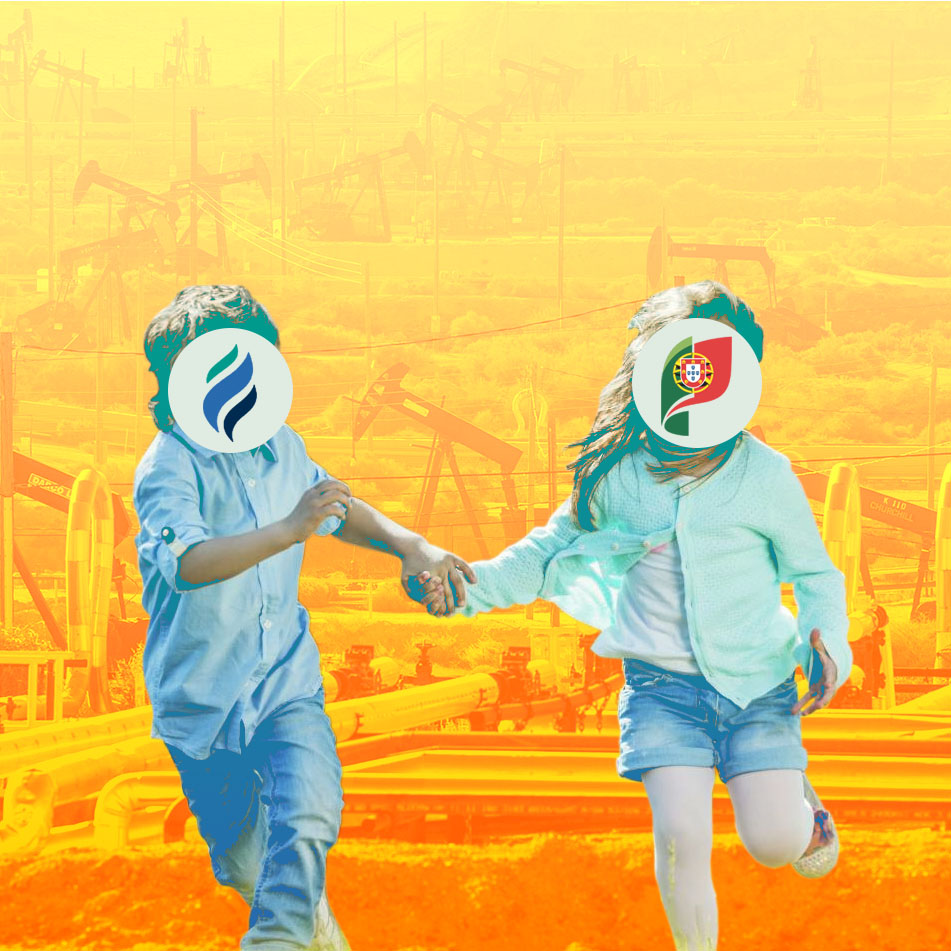
To begin with, the decree that regulates Environmental Impact Evaluations states that surveying and prospecting with conventional techniques doesn’t require an evaluation, as it is not yet exploitation, even if there are environmental consequences. Right away, we see a pattern that repeats in the law – the undermining of a supposed objective by an endless number of exceptions.
Furthermore, many of you might have heard of the public consultations surrounding these processes. This is a non-binding public participation instrument. Meaning, no matter what the results might be, the government can do whatever it feels like. It also doesn’t require a minimum number of participants. A million people might be consulted, or just three. In the case of the prospection drill requested by Australis, most of the opinions were in favor of carrying out an Environmental Impact Evaluation.
The uselessness of the instrument is compounded by the fact that many times, these consultations are made without making available all the pertinent information – in the case of the Aljubarrota drill, the consultation was made based only on the document provided by the interested company, Australis, which naturally has all the incentive in the world to be tendentious.
In fact, the information was so abundant that many of the municipal councils caught inside the zones to be exploited only found out about it from the news. Not that it matters much anyway, as the whole decision process happens at the central government level.
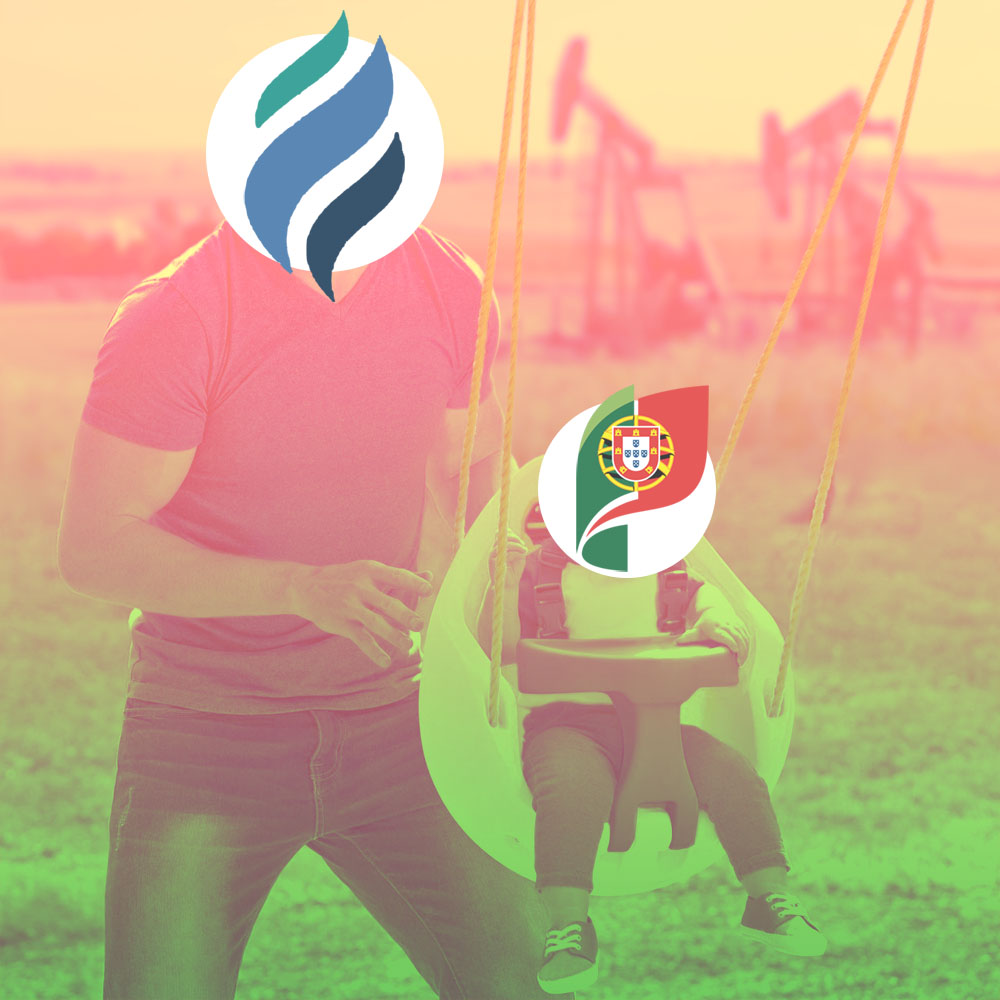
After all of these theatrics, the Portuguese Environmental Agency has 20 days to announce if there is going to be an Evaluation or not. If it doesn’t, the prospection is authorized by default. Silence gives consent.
For the curious citizen, who might want to follow the whole process and find out what the decision was, how might they do so? They can’t. In this case, only Australis would be informed via the Single Electronic Desk, a communication platform between the State and the companies to which we have no access.
Regarding the specific case of the Aljubarrota drill requested by Australis, already past the 20 day deadline determined by law to provide an answer, the Portuguese Environmental Agency communicated a “non decision”, merely requesting additional documentation from Australis.
What to make of such a decision? Does it mean that everything is suspended until the documents arrive? That Australis can move forward despite it? That all depends on who comes forward from the field of Law to provide whatever interpretation the government desires. During these moments, the usually rigid laws suddenly become malleable.
In an unexpected twist, Australis itself offered to skip the whole process and submit to an Environmental Impact Evaluation. Why so confident? Because between 2008 and 2017, only 5% of the Evaluations had a negative outcome. Out of 765 projects, most coming from the extractive industry, only 38 didn’t obtain a license.
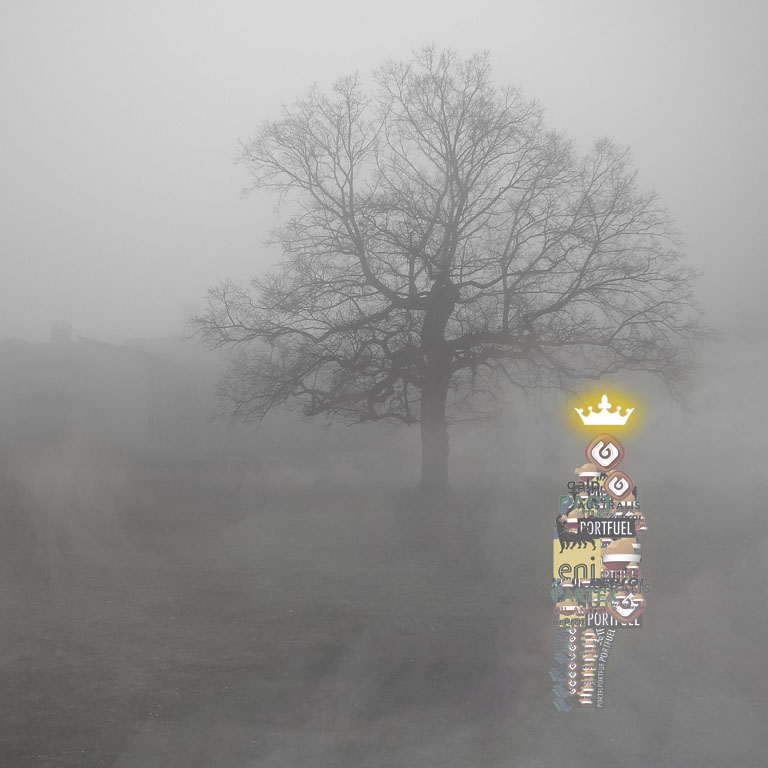
What does this whole process tell us? That the law guarantees nothing.
When legislation exists, it has more exceptions that a Swiss cheese has holes. When it contemplates public participation, it counts for nothing. The good word and faith of companies is taken for granted. Local populations and their governing mechanisms are taken for nonexistent. Central power agencies don’t follow their own rules. The resulting processes are handled between the State and companies. In case of doubt, the law is bent in whatever direction is suitable at the time.
And even when the whole process is handled as it should, the chances that it will result in a decision beneficial to the population is minuscule.
Adding insult to injury, the Portuguese parliament also declared a state of climate emergency, as has become fashionable in the West. What is such a thing in the eyes of the law? Nothing. Extraordinarily, the Environment Minister said something correct when he commented that it was a mere symbolic gesture. The declarations don’t override existing legislation nor create an obligation to carry out certain actions.
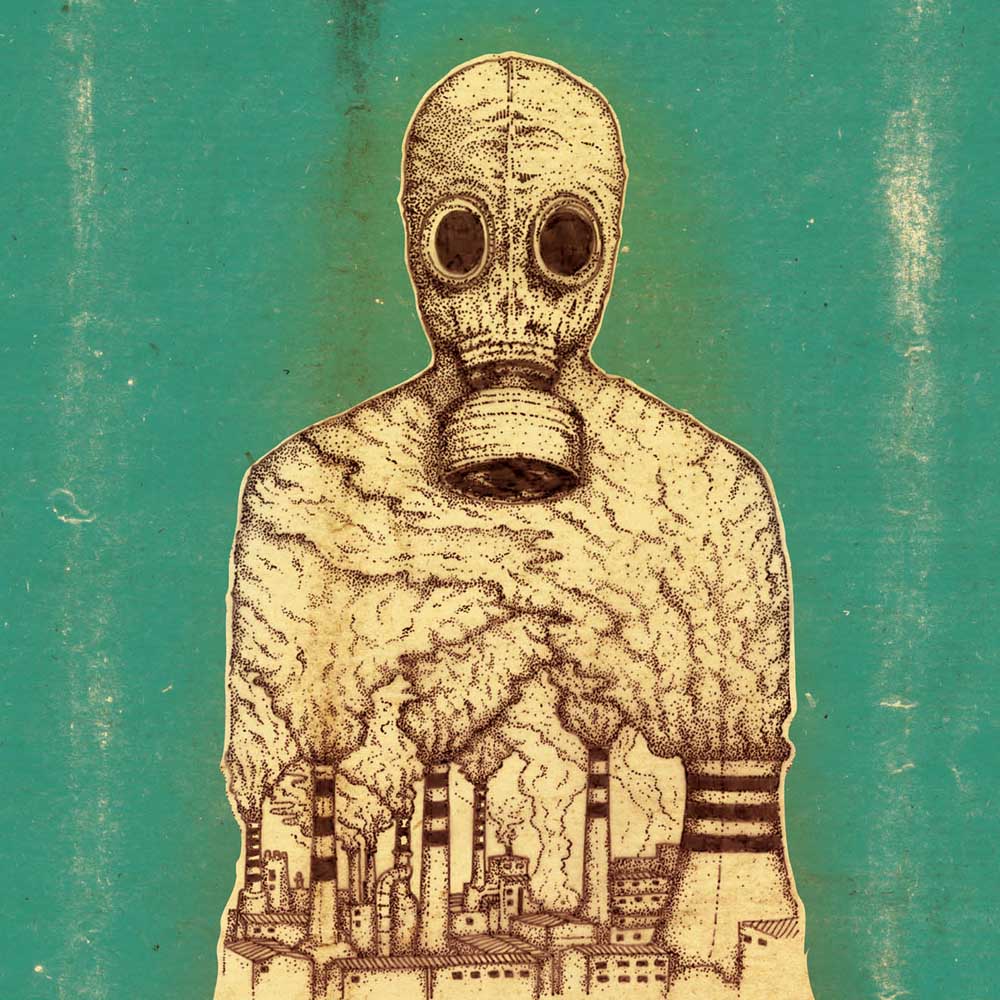
At a more fundamental level, what this all tells us is that the future of the territory and the ends to which it is used is decided in a cabinet somewhere in Lisbon or Brussels between the bourgeois State, companies and the high priests of private property, law firms. A decision process totally insulated from the general population, not by accident or corruption, but by design.
Welcome to the dictatorship of capital.
The Brumadinho disaster in Brazil, which we also wrote about, is a peek into the future of these extractivist processes. A few companies get fat and become national “jewels”, as said by the ex-president of Vale, and as such can’t be condemned “no matter how great the tragedy”.
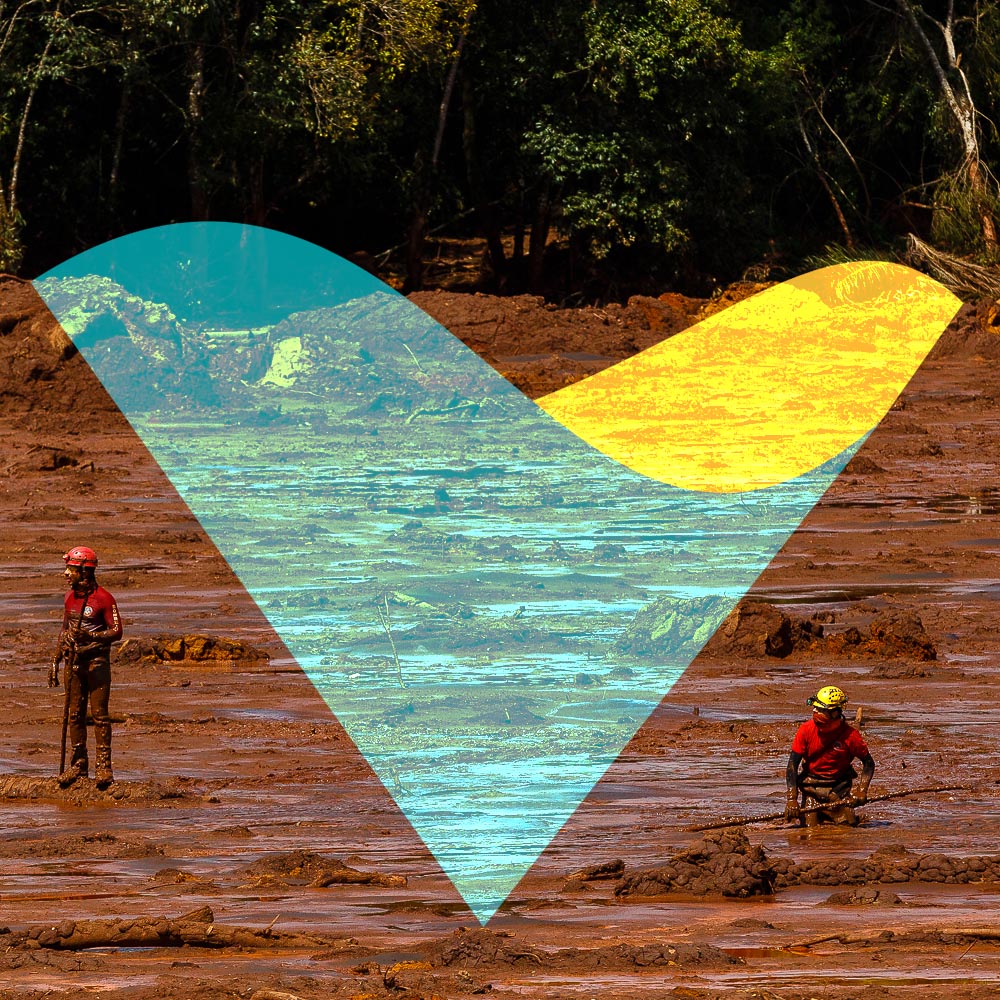
Let us now make a comparison.
In the revolutionary areas of Kurdistan, attempts are being made to implement a different model of society, one in which ecology is a fundamental pillar.
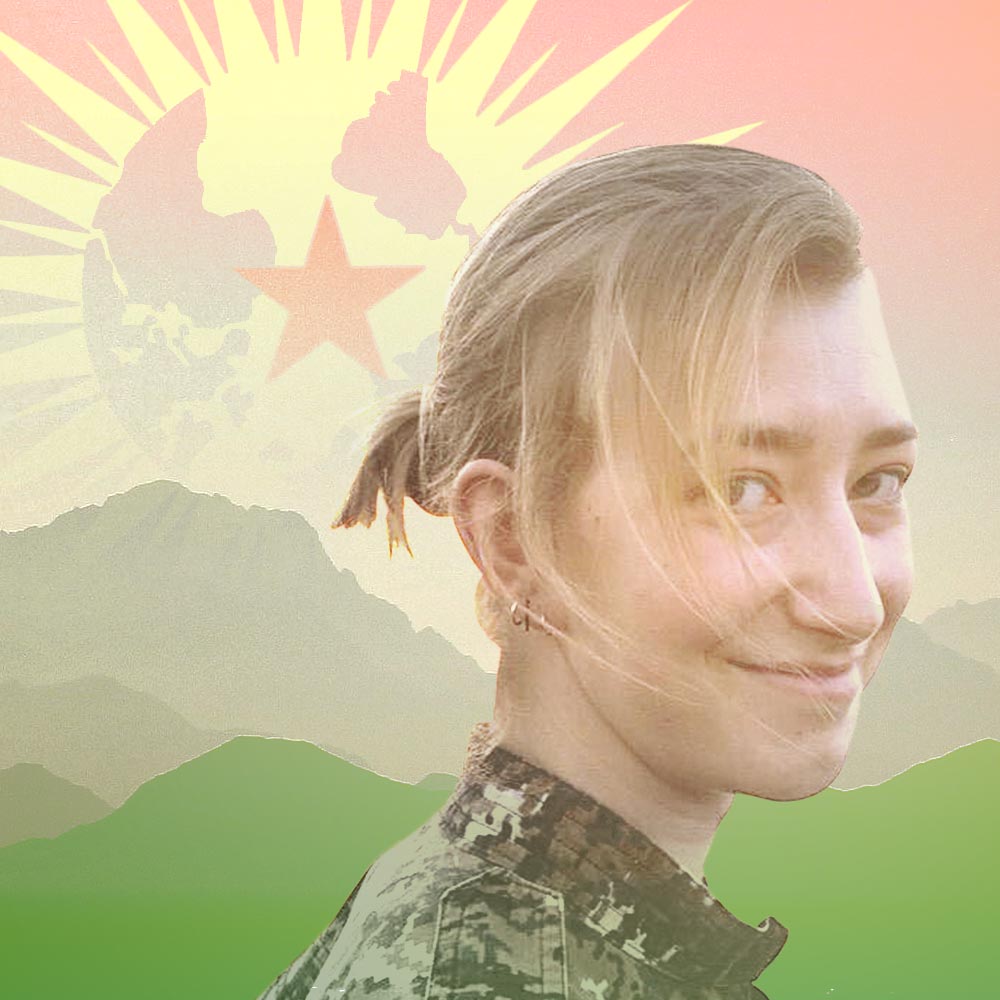
It is a territory worn out by the needs of capital. For years, the Syrian government implemented a monoculture agricultural policy based around wheat and olive trees, in order to keep the region underdeveloped and unable to resist. Along with monoculture came massive deforestation and the prohibition of planting other trees and vegetables, forcing the local population to migrate and become cheap labor for the urban industry.
Furthermore, the exploitation of fossil fuels along with bad waste management destroyed the soil and contaminated the air and water. The existing water resources are also diverted from the region, both by the Syrian as well as the Turkish state.
Since the Syrian state retreated due to the war, the regional committees that now rule the territory, despite the war and great constraints when it comes to means, technical knowledge and a lack of consciousnesses from the local population, have made great efforts to renew the region.
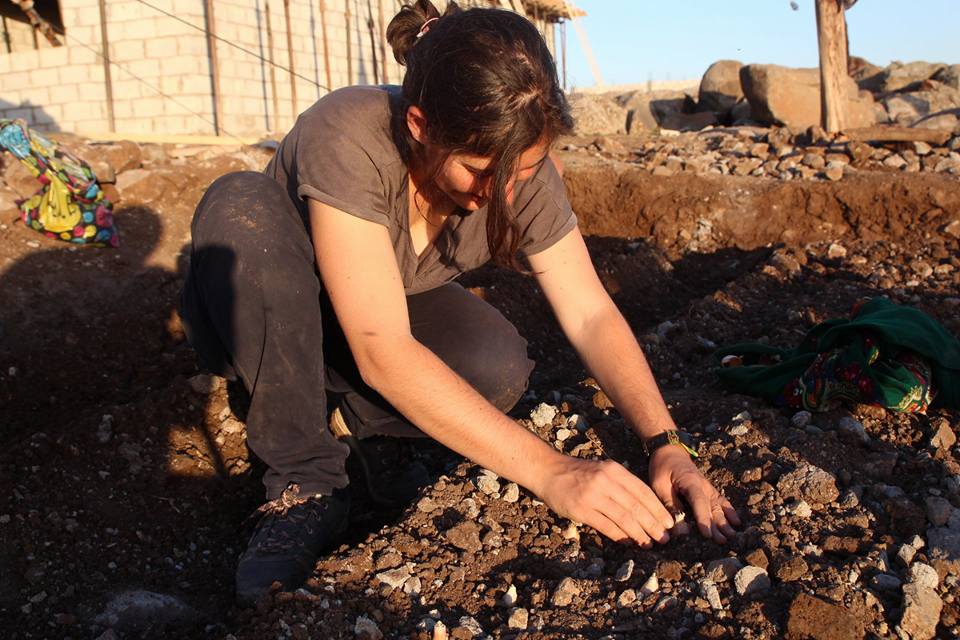
The campaign “Make Rojava Green Again” is the flag around which these efforts are undertaken. Plans have been put into motion to replant 100 000 trees, to reuse and recycle water, wind power projects and food resilience programs.
The Internationalist Commune was created to welcome volunteers interested in implementing the ecological restoration projects. Inside it was created the Internationalist Academy, tasked with gathering together the knowledge of those who visit it and establishing connections with radical ecologist movements from all over the world that want to escape the usual green capitalism dynamics.
As far as we know, not a single law firm was involved.
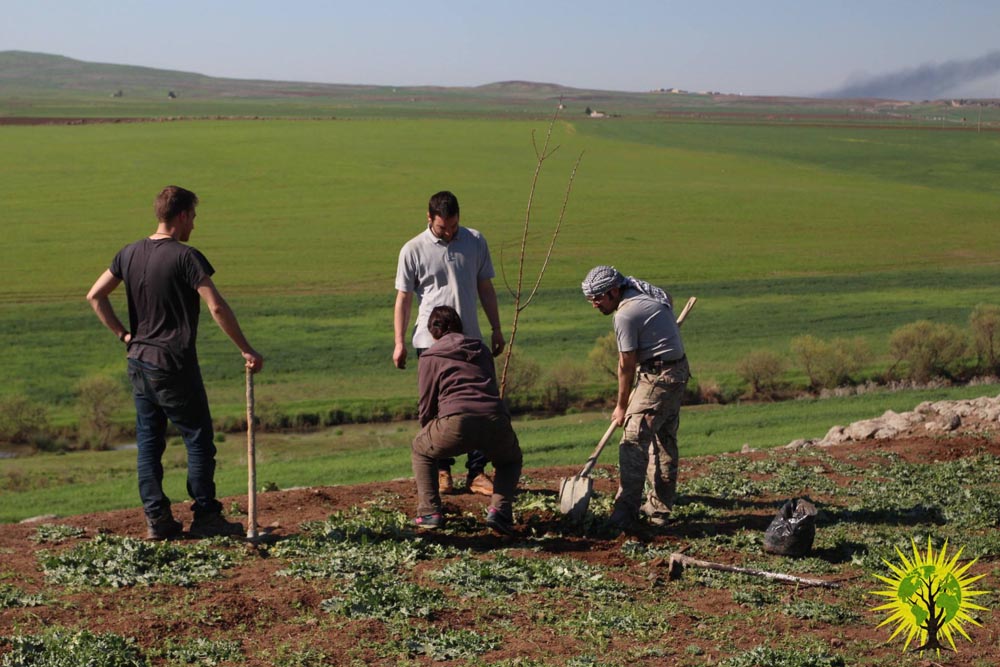
So, what are the lessons for the struggle for climate justice? We can’t place our hopes for change in reformist laws and the goodwill of the bourgeois State.
“The master’s tools will never dismantle the master’s house.” as Audre Lorde said. Only a mass movement, well organized and disciplined, linking theory and practice and able to act in the terrain will have a chance to extract concessions from power – or to become power itself and do without intermediaries in the struggle for a planet that is a paradise for all the life it shelters.




